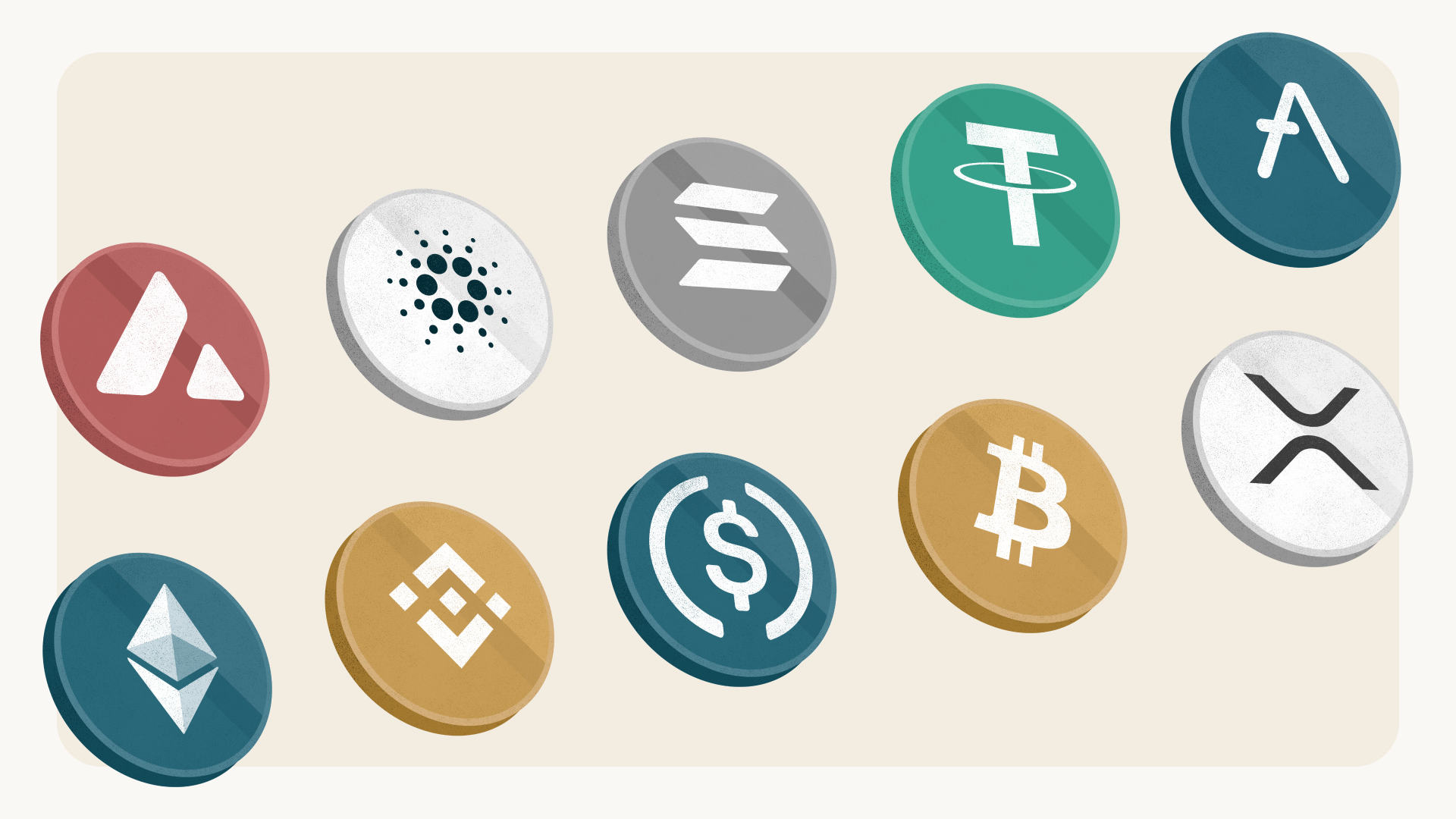How copyright Mining Has Advanced Over the Past Decade
How copyright Mining Has Advanced Over the Past Decade
Blog Article
Exploring the Future of Digital Currency and Its Impact on Worldwide Money
As worldwide money grapples with the growing phenomenon of electronic currencies, profound ramifications are anticipated. Reserve banks' exploration of their very own electronic money mean a future of decentralized money, promising both effectiveness and addition. Yet, such a standard change is not without its difficulties, consisting of regulatory intricacies, cybersecurity hazards, and the basic issue of public depend on. The subsequent discourse will certainly penetrate much deeper into this transformative growth.
Unwinding the Idea of Digital Currencies
Although digital currencies have come to be a keystone in the monetary world, recognizing their core principle may still posture a difficulty to several. Digital money, additionally recognized as cryptocurrencies, are a form of cash that exists exclusively in the electronic world. They are not concrete like conventional fiat currencies, such as the buck or euro. Rather, they are stood for by cryptographic tricks and are saved in electronic purses.
The production and management of digital currencies depend on complex mathematical algorithms, a procedure referred to as mining. They run on a decentralized system, a modern technology described as blockchain. This innovation guarantees that all deals are clear, secure, and can not be manipulated by any type of entity. Despite their intangible nature, electronic currencies have real-world worth and can be used for different transactions, including on-line purchasing, financial investments, and compensations. Understanding these basics is key to realizing the influence of digital currencies on global finance.
Digital Currencies and Their Possible Effect On Global Banking
With the fundamental understanding of electronic currencies, it is currently possible to discover their possible influence on worldwide financial systems. copyright mining. As these currencies are decentralized, they can possibly disrupt conventional financial by removing the need for financial middlemans, hence lowering deal prices and increasing efficiency. This might lead to a democratization of financial, supplying accessibility to monetary solutions for unbanked populations worldwide
Nevertheless, digital money likewise present difficulties for worldwide financial. Prospective concerns consist of security threats, regulatory uncertainties, and volatility. Their anonymous nature could promote illicit activities, making regulation necessary. The volatility of digital money can present substantial threats to economic stability.
The impact of electronic money on global banking will depend upon how these challenges are resolved - copyright mining. With the appropriate governing framework, digital currencies can improve worldwide banking, making it more reliable and inclusive. Nonetheless, without appropriate measures, they might also pose significant threats.
How Digital Currencies Are Changing International Profession

Just how are electronic money changing international profession, one might ask? Digital money are improving cross-border transactions by eliminating the demand for intermediaries such as banks, thereby decreasing transaction costs and helping with smoother, quicker purchases. They permit services to bypass traditional banking systems, reducing the moment it takes to carry out international transfers from days to plain minutes. Electronic currencies can supply better transparency and traceability in deals, lowering the risk of scams and boosting safety and security. Additionally, they can alleviate currency exchange threats, as they are not tied to any type of specific nation's economic climate. Nevertheless, it is essential to keep in mind that while electronic money use significant potential to enhance cross-border transactions, they additionally posture brand-new obstacles and dangers that need to be resolved.
Why is decentralization in trade money a groundbreaking advancement? It's since it uses an unique strategy to worldwide trade by getting rid of intermediaries. Typically, trade financing is regulated by centralized banks and banks. However, digital money present decentralization, which enables peer-to-peer purchases. This change is transformative because it lowers transaction expenses and boosts deal rate, thus enhancing efficiency. Furthermore, it cultivates transparency, as blockchain technology makes every transaction deducible and unalterable. Decentralization also equalizes accessibility to finance, damaging down obstacles for little to medium-sized business and creating nations. While the use of electronic money in trade finance is still in its nascent stages, the prospective impact is significant, guaranteeing a more reliable and inclusive global trade system.

The Impact of Digital Currencies on Monetary Plans
As the appeal of electronic money continues to rise, their impact on financial policies internationally comes to be progressively substantial. copyright mining. Reserve banks, typically in charge of the control of cash supply, locate themselves in brand-new territory, facing the blossoming copyright-economy. Digital currencies, with their decentralized nature, avoid the standard banking system, posing possible risks to monetary stability
Additionally, digital currencies can threaten the efficiency of monetary plan devices. Interest prices, a main tool for main banks, might shed their potency as electronic currencies are not subject to central financial institution rates. Digital money can potentially lead to a disintermediation of the financial system, testing the financial institutions' role as economic intermediaries.
Nonetheless, digital money also supply chances. Main banks might issue their own electronic money, enabling increased control over the money supply. To conclude, as digital currencies progress, they will usually shape and redefine global monetary plans.
Redefining Money: The Revolutionary Role of Digital Currencies
The advanced duty of digital currencies can not be forgotten in the redefinition of global currency systems. They have militarized a substantial shift from conventional monetary standards, presenting a new age of decentralized money. This is identified by greater transparency, inclusivity, and efficiency, testing the hegemony of standard financial institutions.
Digital currencies such as Bitcoin, Ethereum, and Ripple, to name a few, are not only reshaping our understanding of money however likewise the whole economic landscape. Their inherent attributes, such as cryptography, decentralization, and the ability to operate beyond state boundaries, are redefining the fundamental principles of economic transactions. This digital transformation in currency is increasing the democratization of monetary systems, equipping individuals worldwide with monetary autonomy and freedom.
The disruptive influence of digital currencies on global finance is profound. As this revolution unravels, the globe enjoys breathless, preparing for the future of a digitized, decentralized economic world.
# Final thought
The future of digital money presents a transformative possibility for international money, promising efficiency and find out here inclusivity. As main banks ponder electronic money issuance, the balance in between welcoming technological development and handling associated threats will form the global economic landscape.
Exploring the Future of Digital Money and Its Impact on International Finance
Digital money, also understood as cryptocurrencies, are a form of money that exists only in the digital world. While the use of electronic currencies in profession finance is still in its inceptive stages, the prospective influence is substantial, assuring a more effective and inclusive global trade system.
The cutting edge role of digital money can not be overlooked in the redefinition of worldwide currency systems.The future of electronic money presents a transformative possibility for global finance, appealing efficiency and inclusivity.
Report this page